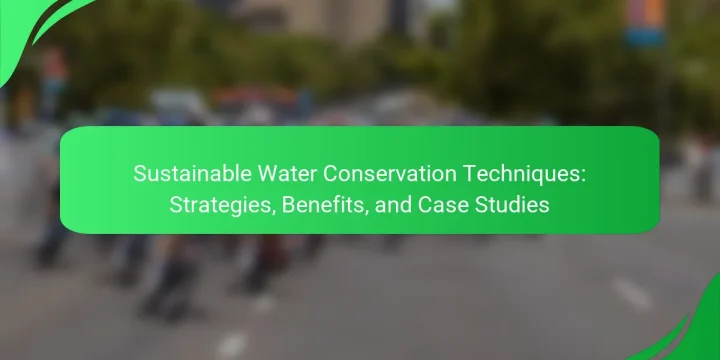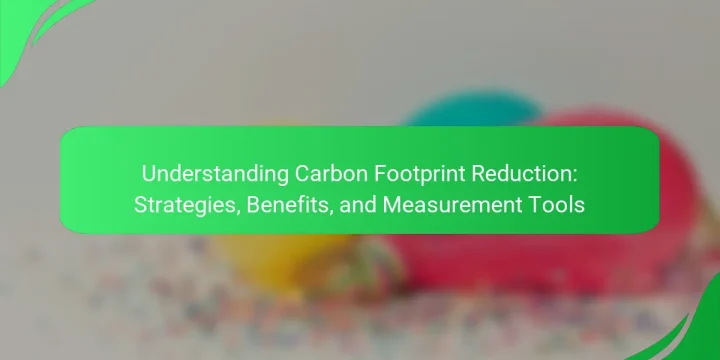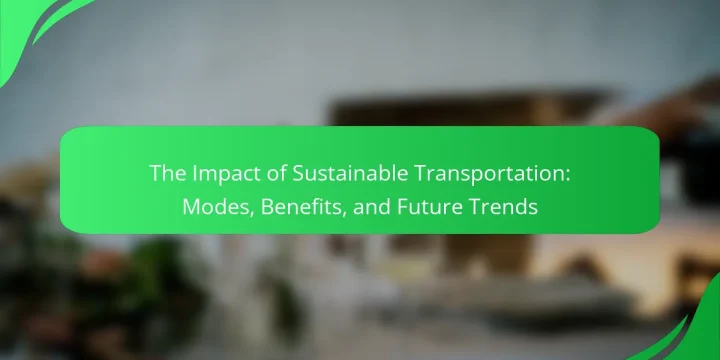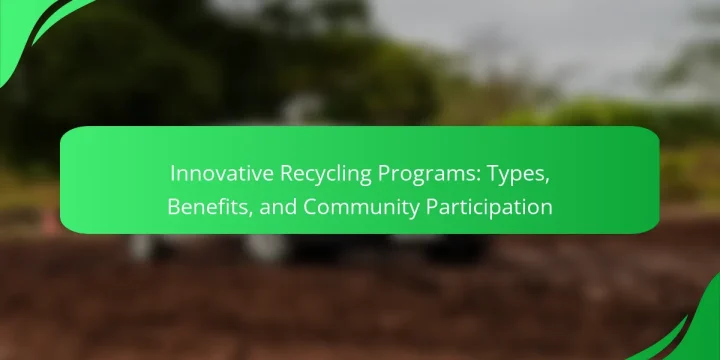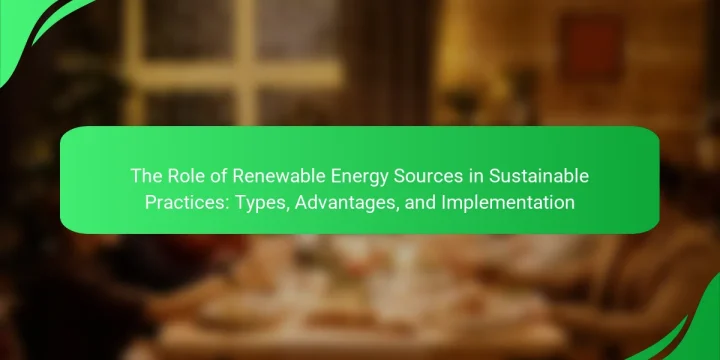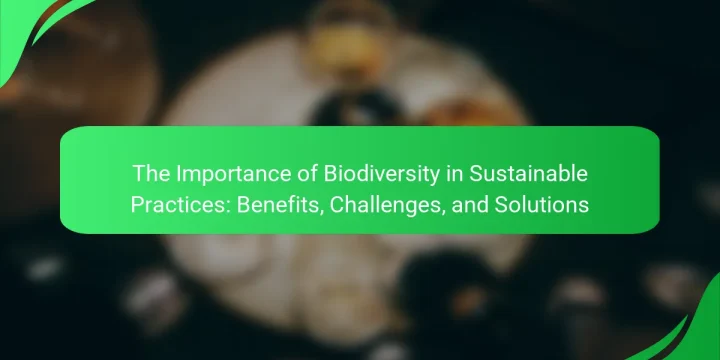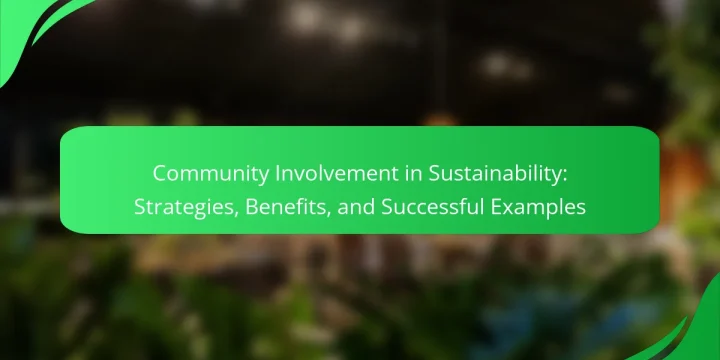
Community involvement in sustainability encompasses the active participation of individuals and groups in environmental initiatives aimed at promoting eco-friendly practices. This article explores various strategies for effective community engagement, including local recycling programs, community gardens, educational workshops, renewable energy incentives, and partnerships with local businesses. It highlights the benefits of such involvement, such as improved environmental outcomes, enhanced social cohesion, and increased funding opportunities for sustainability projects. Successful examples from various communities illustrate how active participation can lead to significant advancements in sustainability efforts, showcasing the transformative potential of collective action in addressing environmental challenges. What is Community Involvement in Sustainability? Community involvement in sustainability refers to the active participation of individuals and groups in environmental initiatives. This engagement can include volunteering for local clean-up projects, participating in community gardens,…

